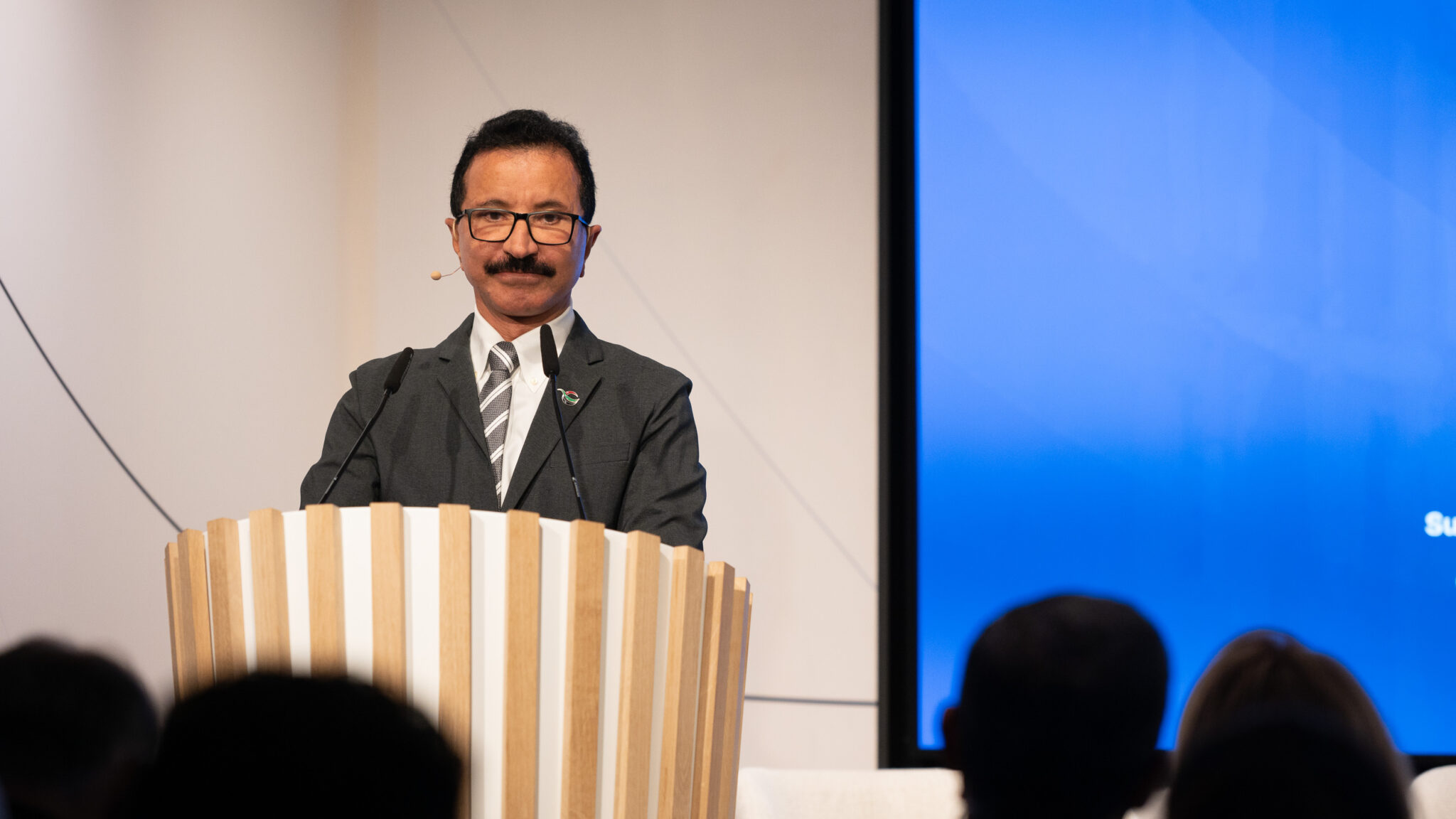Three quarters of businesses worldwide are overhauling their supply chains by working with more rather than fewer suppliers to mitigate risks in an increasingly fragmented global environment.
Research unveiled by Economist Impact and DP World at the World Economic Forum highlights this strategic pivot, driven by geopolitical uncertainty which is likely to grow with the ‘America first’ policies of the new administration in the United States.
The fifth annual Trade in Transition study surveyed over 3,500 supply chain executives across the world. The findings reveal firms are being forced to adapt at speed to rising protectionism and shifting geopolitical alliances.
Countries perceived to be non-aligned, such as Vietnam, Mexico, India, the UAE or Brazil, are emerging as vital trade hubs. A significant 71% of executives agree these countries mitigate trade risks, while 69% view them as critical for addressing gaps created by global conflicts.
Around 40% of firms are increasing their US-based sourcing and a further 32% are adopting dual supply chains to mitigate against geopolitical risks. Friendshoring — relocating supply chains to politically aligned countries — complements these strategies, with about 34% of businesses pursuing this approach to navigate tensions between global powers.
Economic challenges remain a priority, with 33% of executives citing prolonged inflation and high interest rates as chief concerns. By leveraging neutral hubs, diversifying suppliers and adopting advanced technologies like AI, businesses are better positioned to navigate this era of economic and geopolitical complexity.
Speaking at the launch of the report at the World Economic Forum in Davos today, DP World Group Chairman and CEO Sultan Ahmed bin Sulayem, said:
“Global trade today is more complex than ever, demanding agility, resilience, and innovation. At DP World, we empower businesses with the global infrastructure, local expertise, and advanced technology needed to thrive in this evolving landscape across fragmented markets. The latest research by Economist Impact provides invaluable insights into the future of trade in this new era. With it, we aim to foster dialogue, innovation, and resilience within the global supply chain ecosystem, empowering businesses to adapt and thrive in an increasingly dynamic world.”
John Ferguson, Global Lead, New Globalisation, Economist Impact, added:
“In 2025 and the foreseeable future, global trade will be shaped by three forces: shifting geopolitics, climate change, and a new wave of AI and automation. Yet, businesses are not retreating from international trade but are stepping up to the challenge. Firms that stay agile and cost-efficient will have the edge. Firms that also combine risk management with AI experimentation and openness will be best placed to win in this new chapter of globalisation.”
Click here to view the full report.
similar news
Disruptions in the Supply Chain Affect the Automotive Industry




